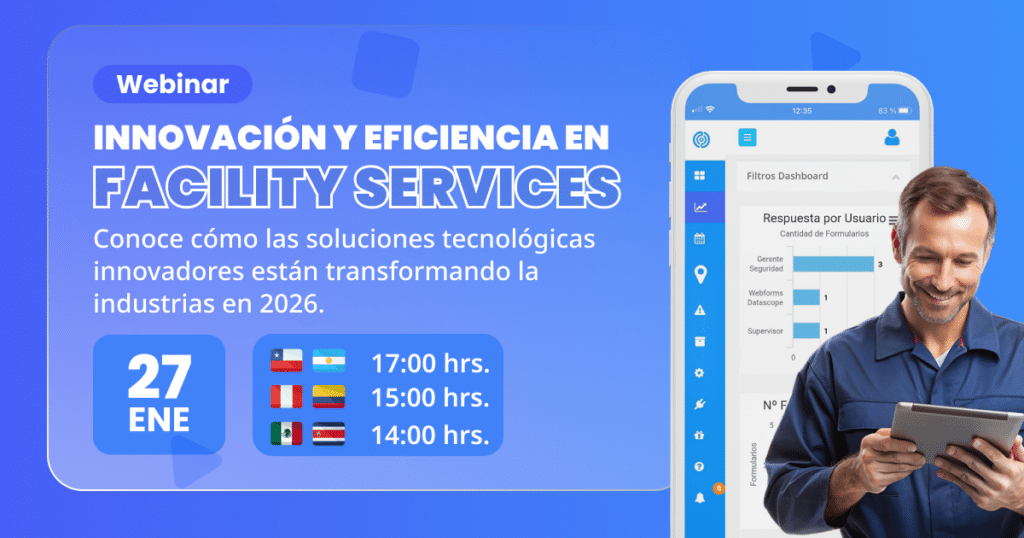HACCP Digitalization: Efficient Food Safety Control
HACCP digitalization
Discover how HACCP digitalization optimizes food safety with electronic records, traceability and more efficient audits.
HACCP Digitalization: Transforming Food Safety Control
HACCP digitalization is revolutionizing how companies in the food sector manage food safety. This shift involves moving from manual, paper-based processes to digital systems that automate checklists, ensure full traceability, and store documented evidence for audits. Implementing a digital HACCP not only enables better control and regulatory compliance, but also drives continuous improvement in quality and production, facilitating more agile and accurate management in regulated environments.
What does HACCP digitalization mean?
HACCP (Hazard Analysis and Critical Control Points) is an internationally recognized system for ensuring food safety by identifying and controlling critical hazards. Traditionally, its management was carried out with paper records, which involved risks of errors, loss of evidence, and slow procedures for audits and analysis.
HACCP digitalization consists of incorporating electronic tools that allow:
- Automatic, digital checklists for process control.
- Full traceability of production and raw materials.
- Electronic data recording with documented evidence.
- Facilitating internal and external audits with automatically generated reports.
- Regulatory compliance regarding electronic records and digital signatures.
Key benefits of implementing a digital HACCP
Reduction of errors and process optimization
By digitizing processes, errors associated with manual data management, as well as the loss or deterioration of records, are minimized. This speeds up the detection and response to deviations, improving quality and safety throughout the production chain.
Better traceability and documented evidence
A digital system offers real-time traceability of each batch and process stage, which facilitates tracking and efficient management in case of incidents. In addition, it centralizes the evidence required for audits, meeting the requirements of standards such as ISO 22000 and other globally recognized standards.
Ease for audits and regulatory compliance
Digitalization simplifies the preparation and execution of internal and external audits by providing organized, accessible, and legally valid records due to the possibility of signing electronically in accordance with standards such as FDA 21 CFR Part 11. This ensures greater control and transparency throughout the process.
How DataScope facilitates HACCP digitalization
DataScope is a SaaS solution that helps quality and production teams migrate their management to digital systems with smart forms and automatic checklists. Some advantages of using DataScope in HACCP control are:
- Maintaining a reliable, real-time record of each stage of the production process.
- Centralizing all documented evidence for audits and reports.
- Simplifying the generation of reports that support continuous improvement.
- Complying with regulatory requirements on electronic records and digital signatures in regulated environments.
Thanks to these features, DataScope enhances HACCP digitalization and contributes to more efficient, secure food safety management that meets international standards.
HACCP digitalization not only ensures regulatory compliance but also drives operational excellence in food quality and production.
Conclusion
The shift from traditional paper-based HACCP to a digital system represents a competitive advantage for companies in the food sector. By implementing digital tools like those offered by DataScope, companies can reduce errors, improve traceability, facilitate audits, and ensure regulatory compliance with greater agility and safety.
This transformation is key to maintaining high quality standards and responding quickly to any deviation, thereby consolidating continuous improvement processes and consumer protection.
For more information on the regulatory framework of HACCP and international standards, you can consult the following sources: FDA HACCP, ISO 22000, GS1 Traceability, and GFSI.







